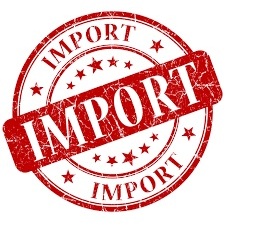July 10, 2020: While anti-China sentiments gain prevalence in the country, India has already cut its import dependence on China by half in the last financial year. However, it must avoid sudden decisions and must take a measured approach to slash import dependence further as Prime Minister Narendra Modi raises pitch for Make in India and ‘Vocal for Local’. As compared to FY19, there has been a drastic decline in the value of imports from China in FY20, a report authored by Soumya Kanti Ghosh, Group Chief Economic Adviser, State Bank of India, said on Wednesday. The value of import from China halved in FY20 compared to the previous financial year. In FY19, India’s import dependence on China was between 50-60%. The country imports 823 products from China worth $3.9 billion. Most of these imports are organic chemicals, tools and products made from base metals, toys, furniture etc.
The government recently banned 59 Chinese apps such as TikTok, ShareIt, Shein, etc citing “sovereignty and security” concerns. However, the government must take a gauged response to reduce imports from China and must avoid knee-jerk reactions. “Clearly, China has slowly and steadily build a solid base in both high and low-value imports into India. We thus have to clearly take a calibrated call in reducing our import dependence from China and not through sudden stops,” the report said, adding that restrictions must be placed on certain products where India has a competitive advantage.
Historically, India’s dependence on Chinese imports has only risen up. While China’s exports accounted for 1.9% of the total Indian imports in FY1997, it rose to 13.8% in FY2020. However, there are many sectors where India has an advantage over China as its exports are more than the Dragon country in those sectors. This includes telecommunications, computer, and information services. “India, with its huge IT base can thus focus more on services while building capabilities in goods exports will take more time to improve its overall trade balance,” the report said.
Source: Financial Express






